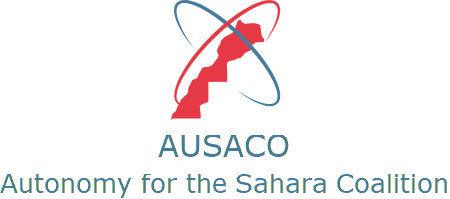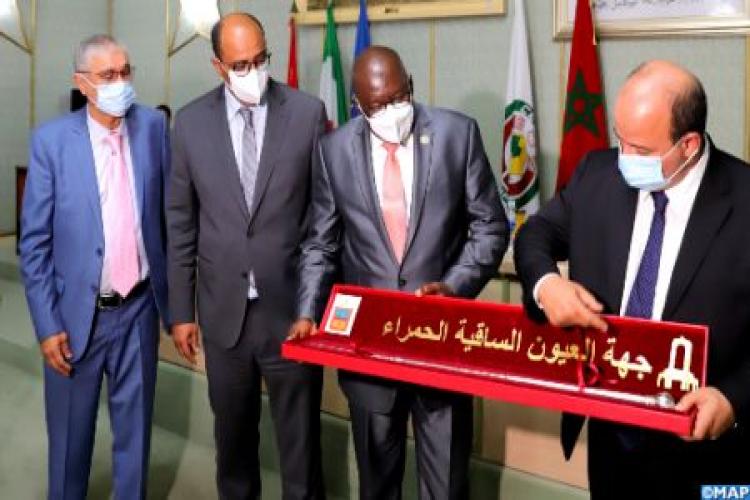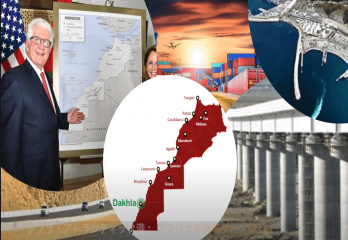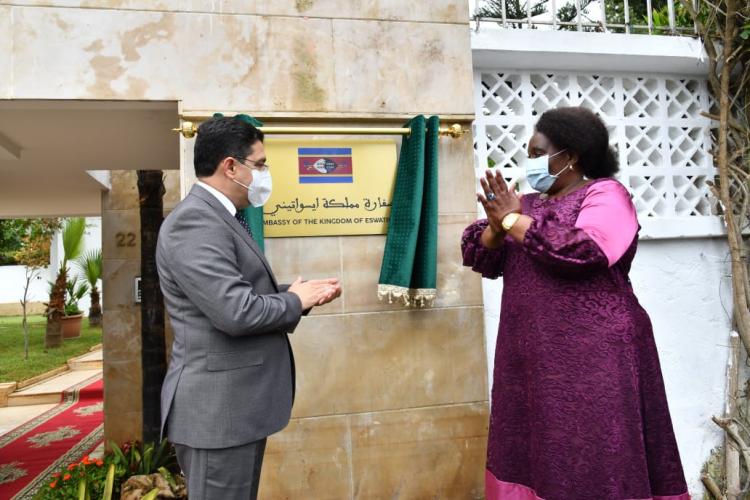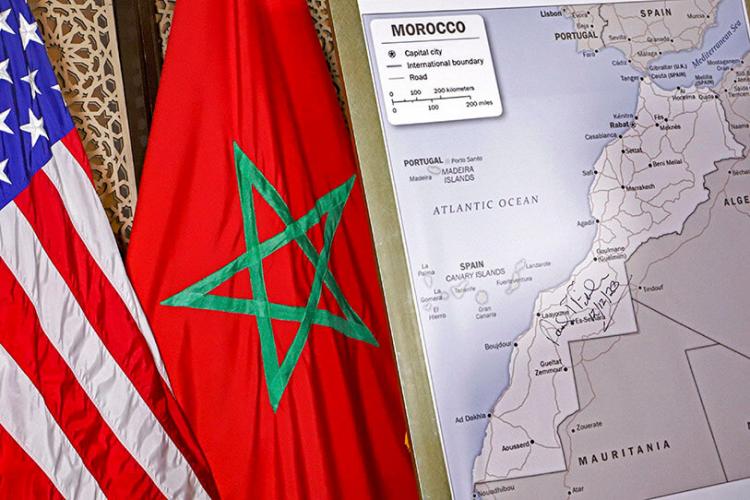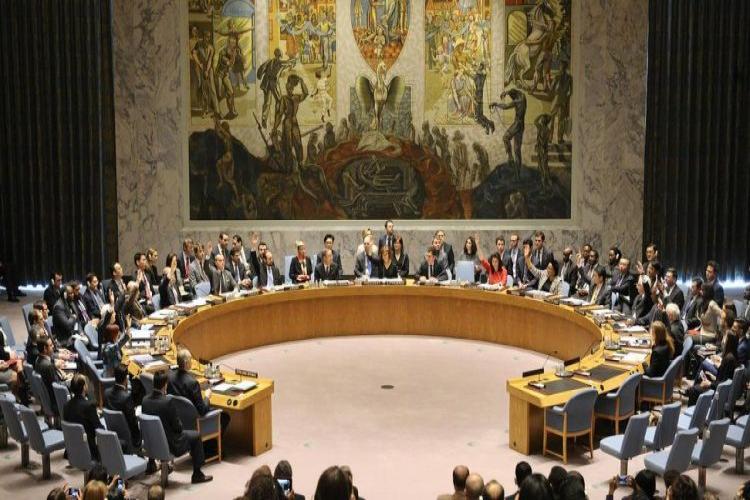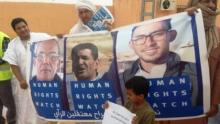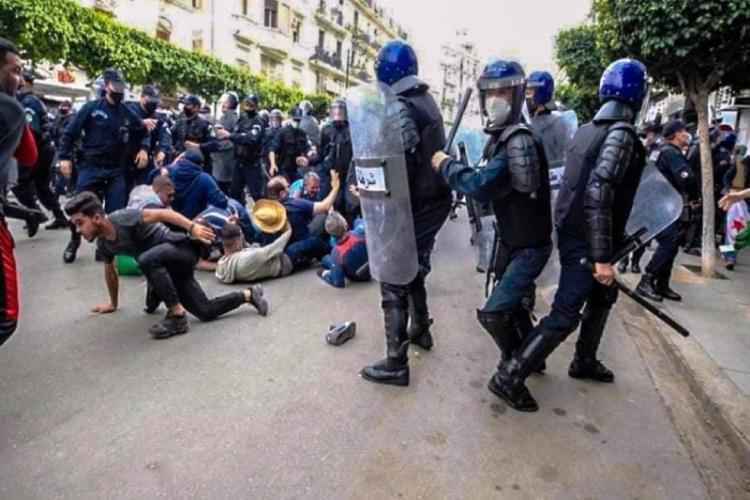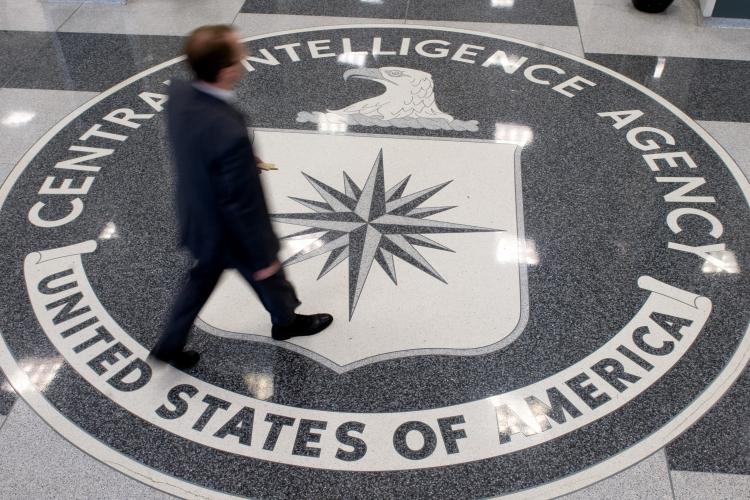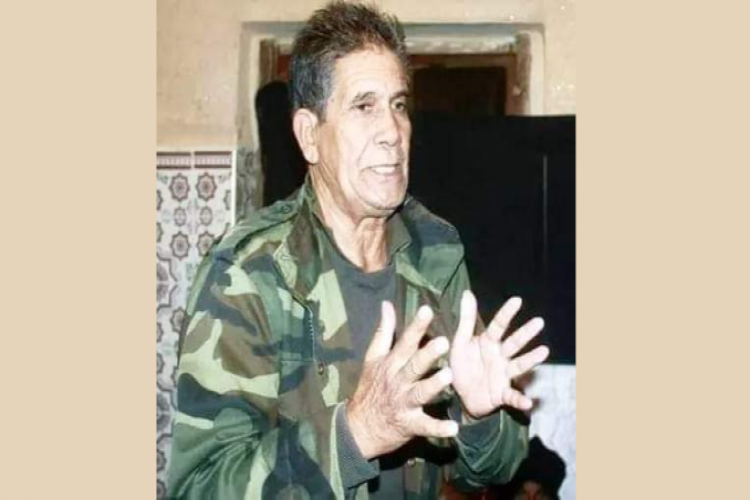The opening of Consulates General in the Moroccan Sahara, a stimulus for economic development and integration
admin
Sat, 02/19/2022 - 00:14
Acts of recognition of Morocco’s sovereignty over its Southern Provinces have grown exponentially over the last 2 years. It is emphasized by the opening of more than twenty Consulates general in the Moroccan cities of Laayoune and Dakhla. Consequently, these acts do not embody only these countries positions over the regional dispute but play a very important role in the economic development of the region.
The US Proclamation on the Sahara: A bet on a future of prosperity and stability.
The American recognition of Morocco's sovereignty over the Sahara on December 10th, 2020 marked a decisive turning point in the evolution of the Sahara Question. It is all the more important as it comes from a permanent member of the Security Council which influence spreads widely across the international scene.
Security Council Resolution 2602: A clear roadmap toward a political solution.
In its resolution 2602, adopted on October 29, 2021, the UN Security Council reiterated the basic parameters of the UN political process aimed at achieving a political solution to the regional dispute over the Moroccan Sahara, reaffirming the format of this process, its actors, and its purpose.
The Humanitarian and Human Rights Dimension of the Regional Dispute on the Sahara
admin
Tue, 02/08/2022 - 20:50
The humanitarian situation in the Tindouf camps, in Algeria, has been frequently misrepresented by scholars interested in the regional dispute on the Moroccan Sahara. While the literature rightly points out the harsh climatic conditions and the difficult humanitarian situation prevailing in the camps, marked by widespread poverty and malnutrition, little is said about the political conditions and the actors that resulted into the displacement of Sahrawi civilians in the camps and their continued presence on Algerian territory in such tragic conditions.
